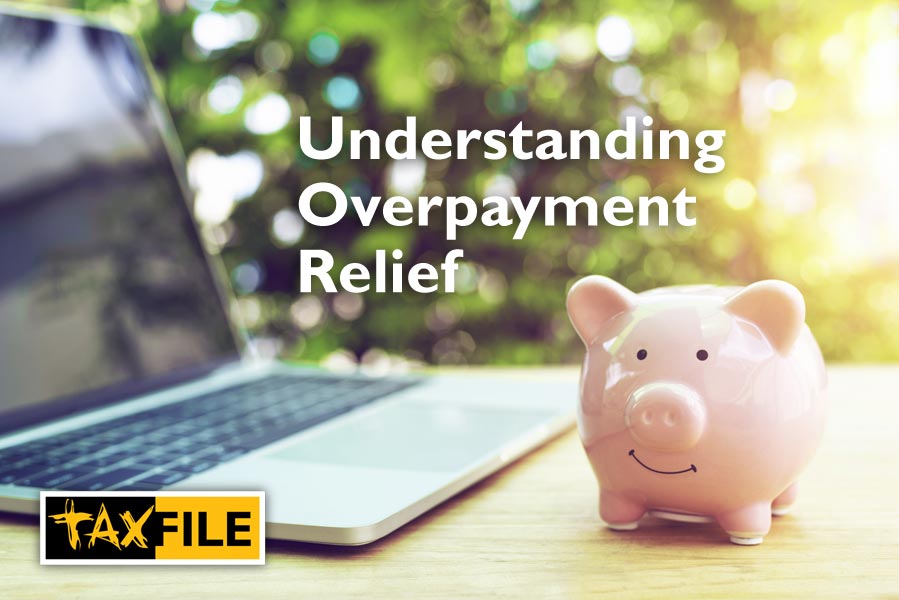Understanding Overpayment Relief

by Mohamed at Taxfile.
Have you ever felt that you’ve paid more in taxes than necessary? Whether due to calculation errors, changes in personal circumstances, or evolving tax laws, overpayments can happen to anyone. The good news is that there’s a way to reclaim those excess funds through the process of overpayment relief claims. In this comprehensive guide, we’ll walk you through the ins and outs of reclaiming your hard-earned money.





